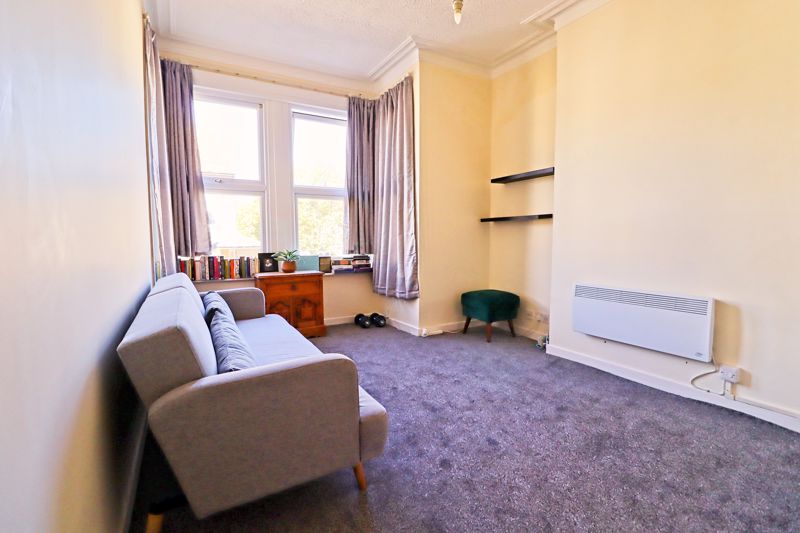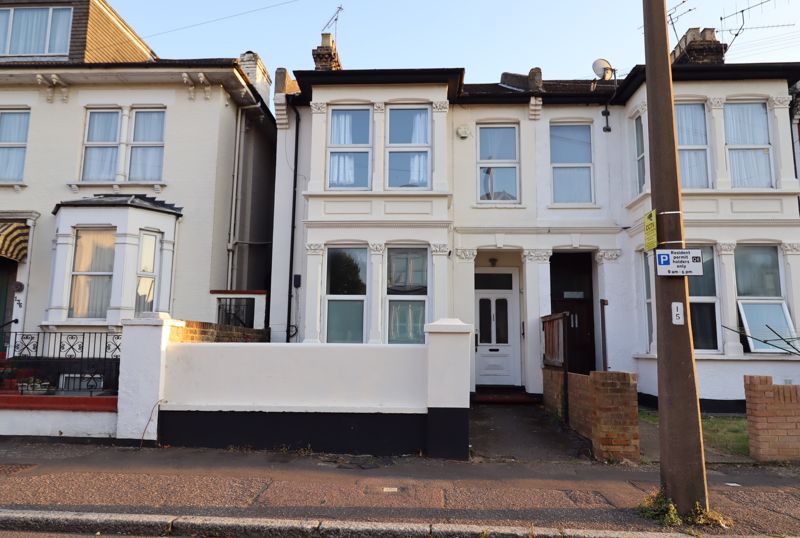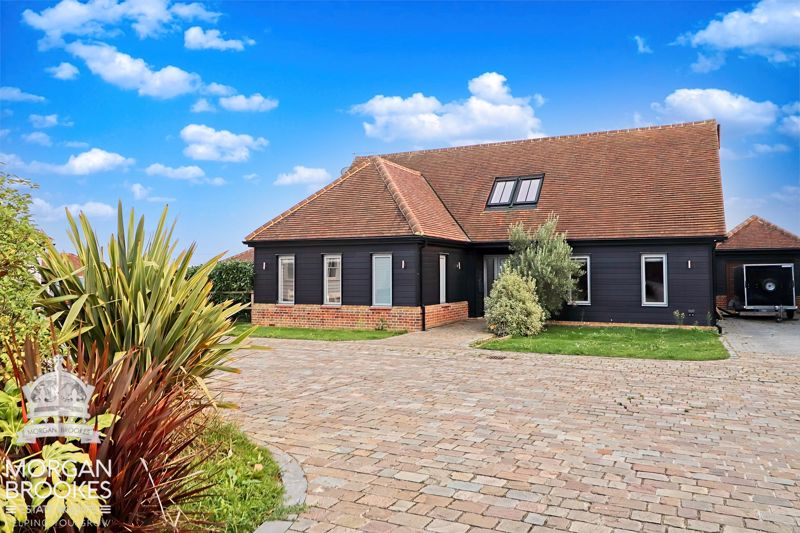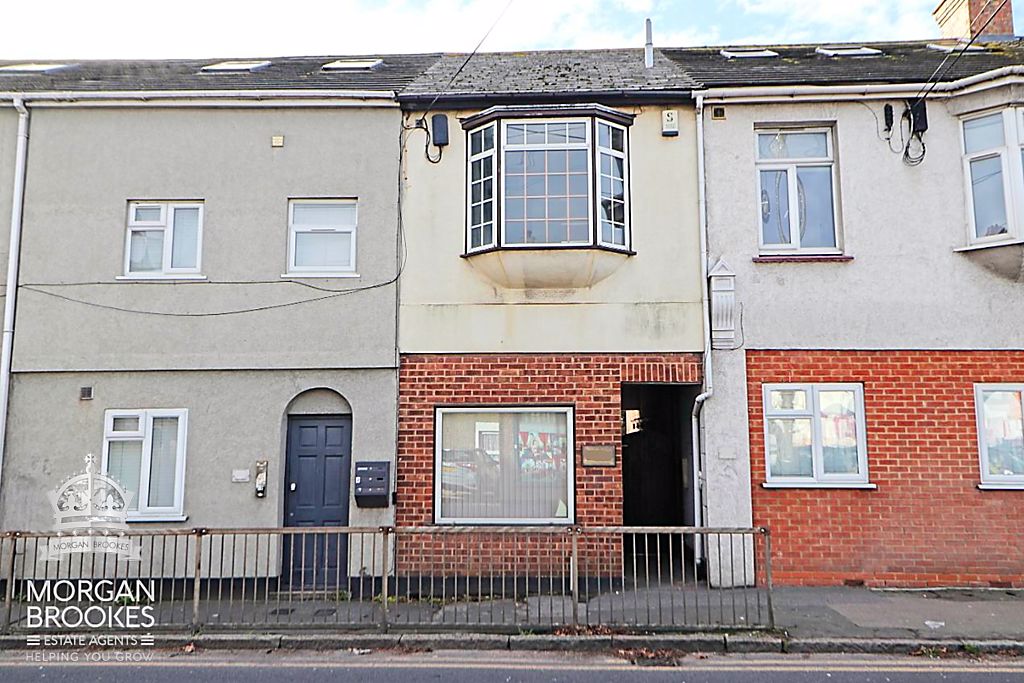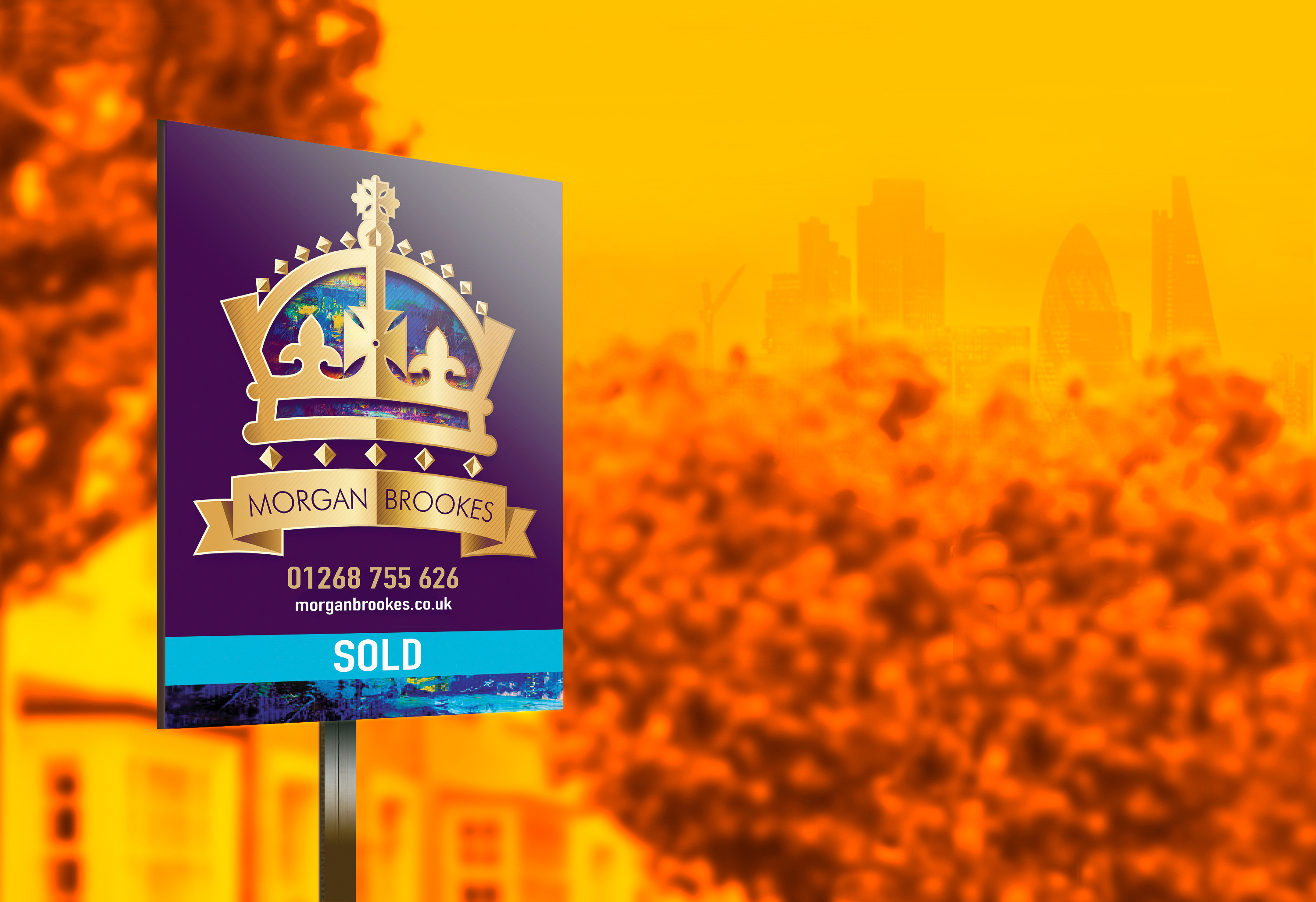
Conveyancing
A conveyancer will handle all the legal aspects of buying or selling a property for you. A good one will keep you updated regularly, and can really support you in what could be a stressful process. Morgan Brookes have worked with many conveyancers and our selling team will be more than happy to provide a quote from a recommended conveyancer.
The Legal Transfer:
Conveyancing is the legal transfer of ownership of a property from the seller to the buyer. One of the most important parts of the transaction, conveyancing begins when you have accepted the buyer’s offer. The stages of conveyancing are:
- The offer from the buyer is accepted.
- Your appointed Conveyancer draws up a draft contract or ‘terms of engagement’.
- Your solicitor will contact the buyer’s solicitor to confirm instructions.
- Your solicitor will then provide the buyer’s solicitor with a copy of the draft contract plus the property title and forms.
Your Conveyancer will complete the following tasks for you:
Although it is technically possible to do your own conveyancing, it is recommended that you always use a qualified and experienced property lawyer. Your Conveyancer will complete the following for you:
- Liaise with the seller’s solicitor to receive a contract pack
- Request and retain a copy of the mortgage offer.
- Complete local authority searches in relation to the property and analyse those searches..
- Liaise with both parties for potential completion dates.
- Exchange signed contracts with the seller’s own conveyancer.
- Transfer the deposit to the seller’s conveyancer.
- Prepare completion statements and transfer deeds.
- Transfer the signed transfer deeds to the seller’s conveyancer.
- Request the payment of the mortgage advance from the lender.
- Transfer the balance of the purchase price (less the deposit already paid) to the seller’s conveyancer.
- Forward any and all documents pertaining to the transfer of ownership to the Land Registry.
- Forward the title deeds to the mortgage lender.

